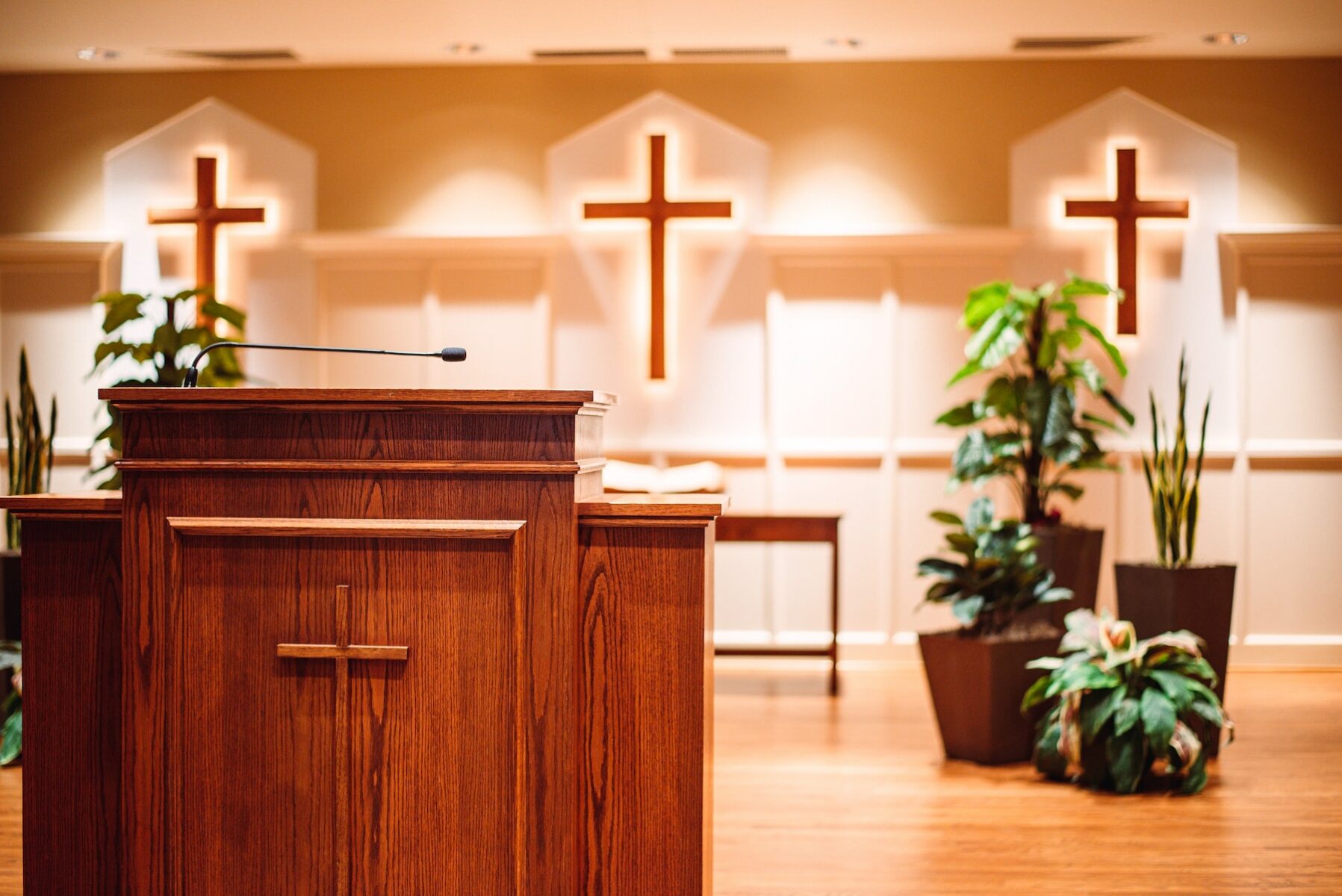A Man of the Spirit

Wendy Murray (MATS ’85)
This piece first appeared in Christianity Today.[1] Gordon-Conwell is sharing it in a series of posts honoring Dr. Gordon Fee who passed away on October 25, 2022. Read a tribute to him by Dr. Douglas Stuart, and read an article about his view of the Holy Spirit by Wendy Murray.
Gordon Fee grew up in what he called “typical North American Pentecostalism.” The Assemblies of God (AG) congregation his father served as pastor emphasized a vigorous spiritual and devotional life, personal evangelism, joyful worship, and spontaneous interaction among gathered worshipers. “Anything formal was anathema,” he recalled, and that meant no bulletin (“the mark of the enemy”). Nevertheless, they were well taught. He attributed much of his own spiritual health to his father’s influence as he pastored that small Pentecostal congregation.
It was not without a downside, however. “There was intense Arminianism, so that you ended up with a sense of needing to get saved every Sunday night,” he said. “You had this totally contradictory thing of people who knew the Spirit well and yet had a very strong legalistic approach to everyday life. It was a type of spiritual neurosis.”
During the summer between his sophomore and junior years in high school, his sense of sinfulness reached a crisis point. He loved the game of basketball but could not overcome his fiery temper. “These two didn’t mix very well,” he said, “and I wasn’t very happy with it.” The weight of his sin bore down him until he had a “very powerful encounter” with the Lord. Out of that came an intense desire to answer the “high call” of missionary service.
When the time came for him to sign on for overseas service, however, he realized that his denomination required a strained melding of Pentecostal and dispensational doctrines for overseas service that made Fee very uncomfortable. “It was becoming clear that what I had been aiming for all my life wasn’t going to work,” he said. “So I decided to settle into pastoral ministry.”
A few years later he received the invitation to teach at the denominational college in Seattle, and when he got into the classroom, he said, “I found myself. I realized that this is who I am.”
So the Pentecostal preacher’s kid who couldn’t go to the mission field found a home in the classroom where he flourished. He received his PhD in New Testament studies (1966) from the University of Southern California and taught over the decades at Southern California College, Wheaton College, Gordon-Conwell Theological Seminary and Regent College in Vancouver, British Columbia. He was general editor of the New International Commentary on the New Testament (NICNT) and author of several weighty biblical commentaries. He was known internationally not only for his studies on the Pauline corpus, but also for his expertise in textual criticism.
Fee earned the respect of the scholarly circles he inhabited. Some within his own tradition, however, raised an eyebrow at his scholarship. Within Pentecostal circles, Fee was both admired and criticized. Patrick Alexander wrote in the Dictionary of Pentecostal and Charismatic Movements (Zondervan) that Fee challenged some traditional Pentecostal interpretations and was therefore “regarded as a threat to the doctrine that tongues are the ‘initial evidence’ of Spirit baptism.”
Yet his “zeal from the pulpit” and his “passion from the Pentecostal message of the Spirit’s presence in this age authenticate him.” Alexander concluded that Gordon Fee epitomized the “heretofore oxymoron, ‘a Pentecostal scholar.’”